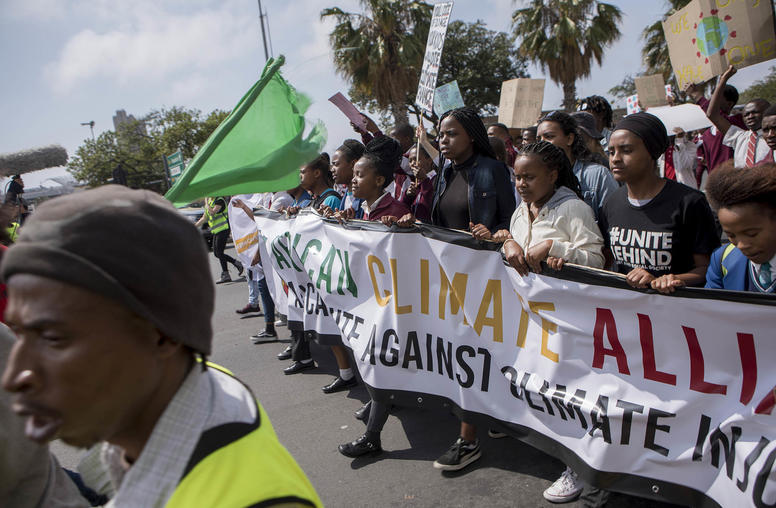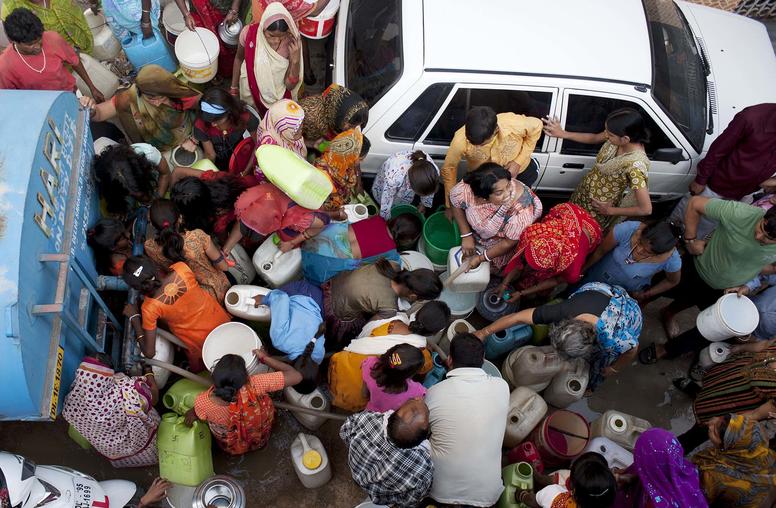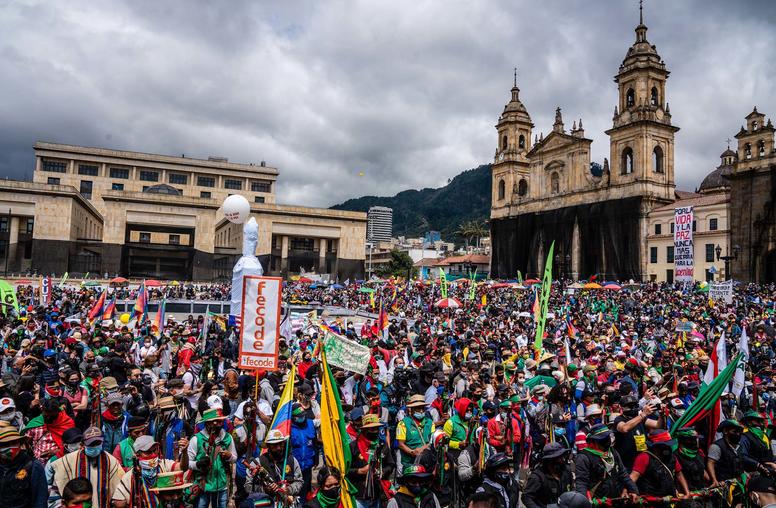Emmanuel Davalillo Hidalgo
Contact
Please submit all media inquiries to interviews@usip.org or call 202.429.3869.
For all other inquiries, please call 202.457.1700
Emmanuel is a program officer for climate, environment and conflict at USIP.
He currently manages applied research projects on the security implications of climate change in Africa and provides at-large support to the team’s portfolios on migration and displacement and just transitions to green economies. Hidalgo previously served as a senior regional specialist with USIP’s program on nonviolent action.
Prior to these roles, he was an associate for conflict and stabilization at the Dexis Consulting Group, where he supported USAID’s Office of Transition Initiatives activities in the Horn of Africa and the Lake Chad Basin. Before joining Dexis, Hidalgo served as a research assistant at USIP and contributed to studies on electoral security and governance issues in Africa and Asia. Past affiliations include the Stimson Center, the National Democratic Institute and the Organization of American States.
Emmanuel holds a bachelor’s in political science from the Universidad del Zulia in his native Venezuela, a master’s in peace and conflict resolution from American University’s School of International Service, and a master’s in population and development studies from the Sorbonne. He is fluent in Spanish, English and French.


